Filter by
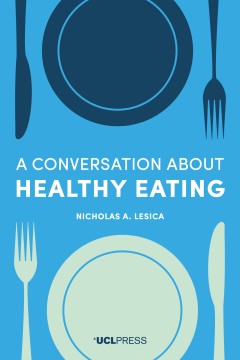
A Conversation about Healthy Eating
- Edition
- -
- ISBN/ISSN
- 9781911576778
- Collation
- 248 hlm
- Series Title
- -
- Call Number
- -
- Edition
- -
- ISBN/ISSN
- 9781911576778
- Collation
- 248 hlm
- Series Title
- -
- Call Number
- -
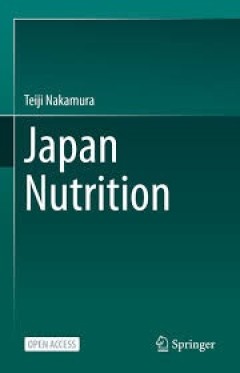
Japan Nutrition
- Edition
- -
- ISBN/ISSN
- 978-981-16-6316-1
- Collation
- -
- Series Title
- -
- Call Number
- -
- Edition
- -
- ISBN/ISSN
- 978-981-16-6316-1
- Collation
- -
- Series Title
- -
- Call Number
- -
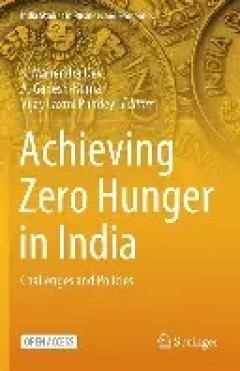
Achieving Zero Hunger in India Challenges and Policies
This open access volume discloses rich set of findings and policy recommendations for India towards achieving the SDG 2.1 target of zero hunger by 2030. Through its fourteen chapters, it takes an integrated approach by examining diverse aspects of food and nutrition security through multidisciplinary lens of Agricultural Economics, Nutrition, Crop Sciences, Anthropology and Law, while being roo…
- Edition
- -
- ISBN/ISSN
- 978-981-99-4412-5
- Collation
- IX, 344
- Series Title
- -
- Call Number
- -

The Potato Crop : Its Agricultural, Nutritional and Social Contribution to Hu…
This book is open access under a CC BY 4.0 license. This book provides a fresh, updated and science-based perspective on the current status and prospects of the diverse array of topics related to the potato, and was written by distinguished scientists with hands-on global experience in research aspects related to potato. The potato is the third most important global food crop in terms of cons…
- Edition
- 1
- ISBN/ISSN
- 9783030286835
- Collation
- XVII, 518 hlm; ill., lamp.,
- Series Title
- -
- Call Number
- -
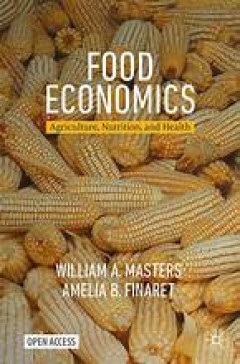
Food Economics
Food Economics provides a unified introduction to the economics of agricultural production, business decisions, consumer behavior, and the government policies that shape our food system. This open access textbook begins with economic principles derived using graphical techniques to explain and predict observed prices, quantities, and other outcomes as a result of individual choices influence…
- Edition
- 1
- ISBN/ISSN
- 978-3-031-53840-7
- Collation
- -
- Series Title
- Palgrave Studies in Agricultural Economics and Food Policy
- Call Number
- XXVII, 476
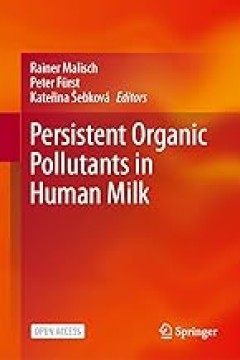
Persistent Organic Pollutants in Human Milk
This open access book reviews the trends of persistent organic pollutants (POPs) in human milk and discusses the main findings of five global surveys that were coordinated by the World Health Organization (WHO) and the United Nations Environment Programme (UNEP) from 2000 to 2019. Human milk was selected as core matrix for human exposure under the Global Monitoring Plan for effectiveness evalua…
- Edition
- -
- ISBN/ISSN
- 978-3-031-34085-7
- Collation
- XXVII, 683
- Series Title
- -
- Call Number
- -
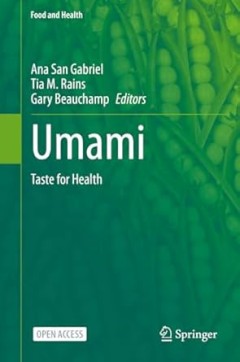
Umami
This Open Access book covers the concept of umami, the unique taste imparted by the amino acid glutamate, was first described in 1908 by Dr. Kikunae Ikeda of Tokyo University. Over the past century, hundreds of studies have explored the mechanistic underpinnings of the taste, leading to the characterization of the umami taste receptor in 2002. How this fifth basic taste figures into nutrition a…
- Edition
- -
- ISBN/ISSN
- 978-3-031-32691-2
- Collation
- XIII, 198
- Series Title
- -
- Call Number
- -
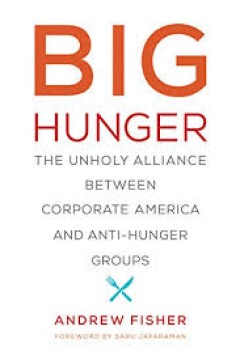
Big Hunger: The Unholy Alliance between Corporate America and Anti-Hunger Groups
How to focus anti-hunger efforts not on charity but on the root causes of food insecurity, improving public health, and reducing income inequality.OCLC-licensed vendor bibliographic record.
- Edition
- -
- ISBN/ISSN
- 9780262339513
- Collation
- 1 online resource (xvi, 343 pages).
- Series Title
- -
- Call Number
- -

Salt wars
"Written by Michael Jacobson, Ph.D., one of the most prominent advocates for sodium reduction since the 1970s, this book is a clarion call for radical change in America's relationship to salt"-- Provided by publisher.How food industry lobbyists and a small group of scientists have successfully fought government efforts to reduce dangerous levels of sodium in our food.A high-sodium diet is deadl…
- Edition
- -
- ISBN/ISSN
- 9780262360555
- Collation
- 1 online resource.
- Series Title
- -
- Call Number
- -

The intermittent fasting revolution :the science of optimizing health and enh…
"Neuroscientist Mark Mattson covers the scientific research that established how intermittent fasting helps optimize mental & physical performance & can forestall aging & diseases of the brain & body"--OCLC-licensed vendor bibliographic record.
- Edition
- -
- ISBN/ISSN
- 0262368161
- Collation
- 1 online resource.
- Series Title
- -
- Call Number
- -
 Computer Science, Information & General Works
Computer Science, Information & General Works  Philosophy & Psychology
Philosophy & Psychology  Religion
Religion  Social Sciences
Social Sciences  Language
Language  Pure Science
Pure Science  Applied Sciences
Applied Sciences  Art & Recreation
Art & Recreation  Literature
Literature  History & Geography
History & Geography